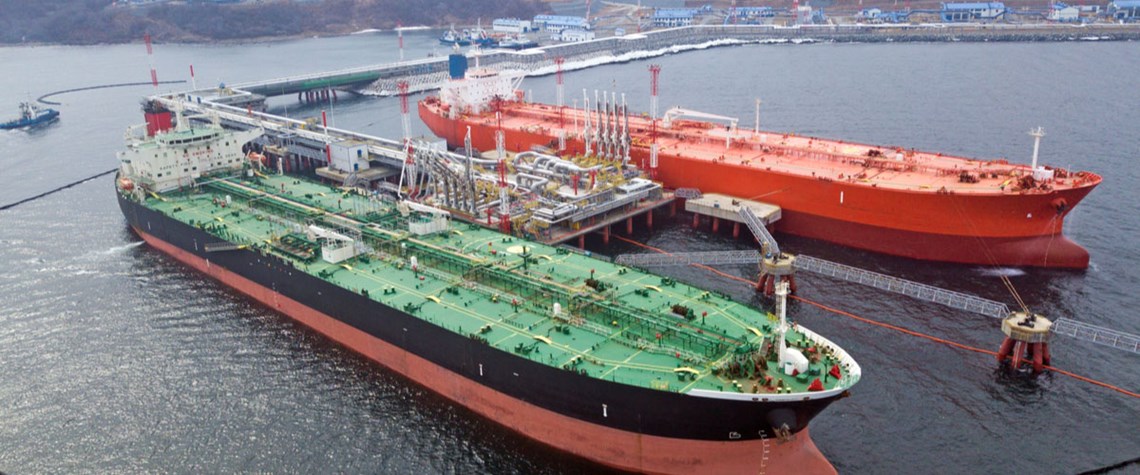Green shipping premium raises cost questions
Pace of transition to clean fuels will depend on stakeholders’ readiness to pay green premium, conference speakers say
Green shipping will not be cheap, and its higher cost is likely to be borne by end-consumers and cargo owners, raising questions about a potential uneven level of interest in decarbonised shipping among stakeholders. Shipping is less intensive than other freight transport modes in terms of CO₂/km, making up about 3pc of total global CO₂ emissions. But this share is likely to increase as demand for shipping rises in line with global economic growth over the coming decades and as other sectors decarbonise. Shipping emissions could rise by as much as 50pc by 2050 if the industry takes no action, according to the International Maritime Organization. This has led to growing interest in low- or ze

Also in this section
22 July 2025
Sinopec hosts launch of global sharing platform as Beijing looks to draw on international investors and expertise
22 July 2025
Africa’s most populous nation puts cap-and-trade and voluntary markets at the centre of its emerging strategy to achieve net zero by 2060
17 July 2025
Oil and gas companies will face penalties if they fail to reach the EU’s binding CO₂ injection targets for 2030, but they could also risk building underused and unprofitable CCS infrastructure
9 July 2025
Latin American country plans a cap-and-trade system and supports the scale-up of CCS as it prepares to host COP30








